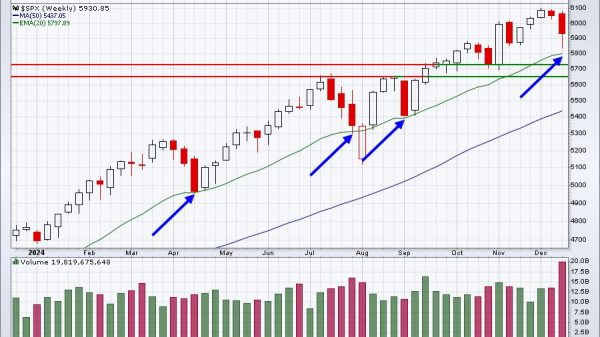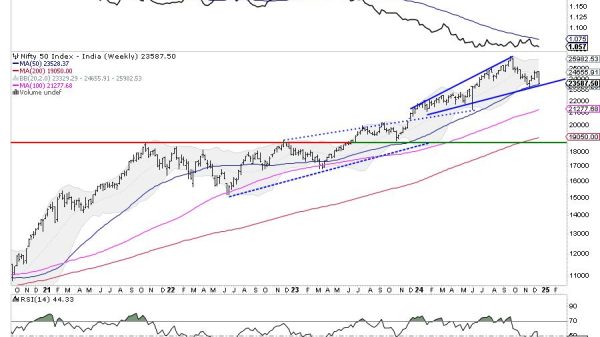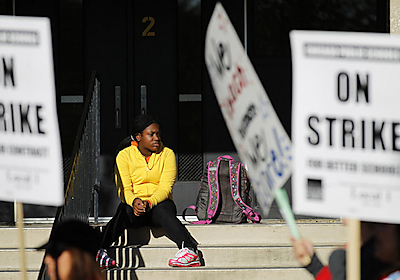Jeffrey Miron
Are libertarians pro-union or anti-union?
Neither.
Libertarians hold that government policies should neither favor nor oppose unions. Employees should be free under the law to organize, request collective bargaining, or go on strike; and employers should be free under the law to fire employees who join a union or strike, or to hire replacement workers, or to move their operations to other states or countries. Thus, the libertarian perspective is not about unions per se but about government policy toward unions.
Assuming competition in the labor market, union protections imply higher wages but less employment than at the free-market wage. Thus, union protections distort economic activity. If employers have monopsony power (the ability to keep wages low because few firms hire a particular type of labor), then union-elevated wages potentially increase economic efficiency. Yet the degree of monopsony power in the United States appears to be modest, and nothing guarantees that government protection of union power will occur mainly in monopsonistic industries. Union power can also raise wages above the free-market level, thereby reducing efficiency even in the presence of monopsony.
Further, in the same way that monopoly prices incentivize the entry of new firms that undercut these prices, monopsony incentivizes the entry of new firms that offer more attractive wages and benefits to top employees. For instance, local taxi services were historically monopsony employers. Uber and Lyft, however, carved out major stakes in ride-hailing markets by providing drivers with better wages and the option to drive without leasing.
Thus, the libertarian position on monopsony power and union policy parallels the libertarian position on market power and antitrust policy. In neither case do libertarians insist that private arrangements are perfect, but that is not the right question. It is, instead, whether government intervention improves efficiency, and the libertarian assessment is that it does not.
This article appeared on Substack on December 8, 2024. Jonah Karafiol, a student at Harvard College, co-wrote this post.
























